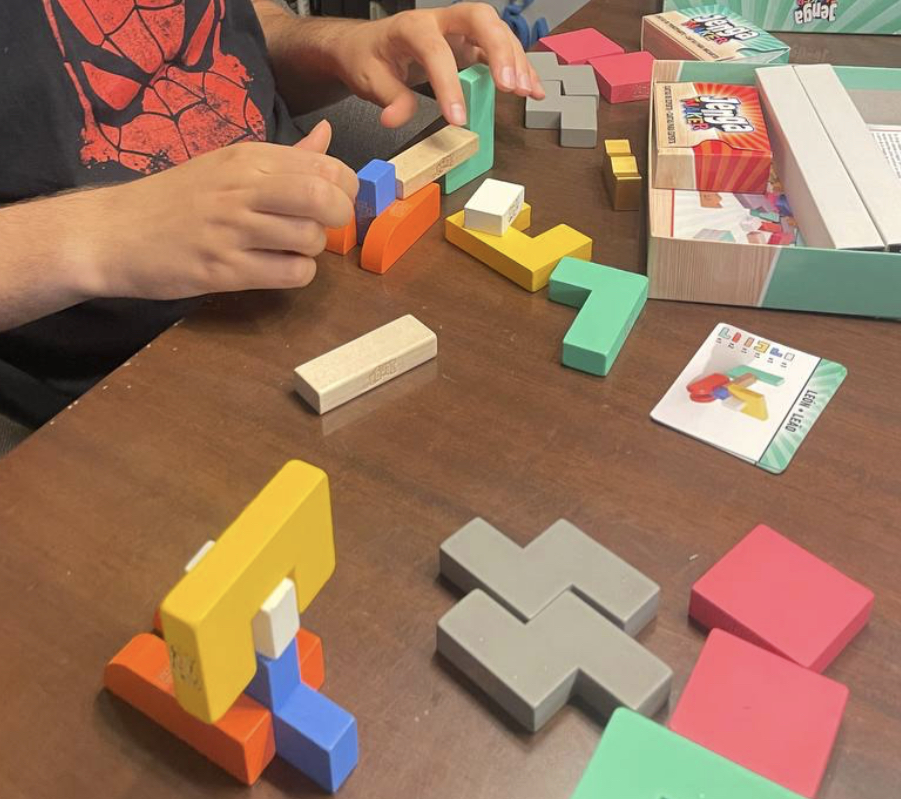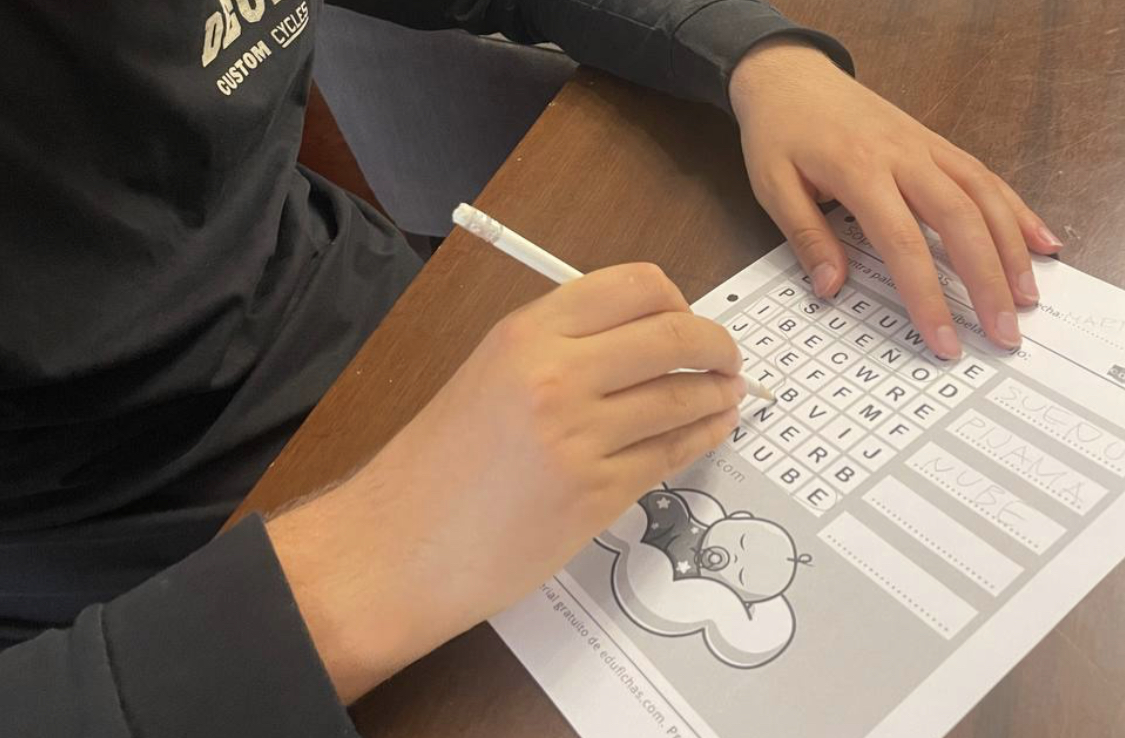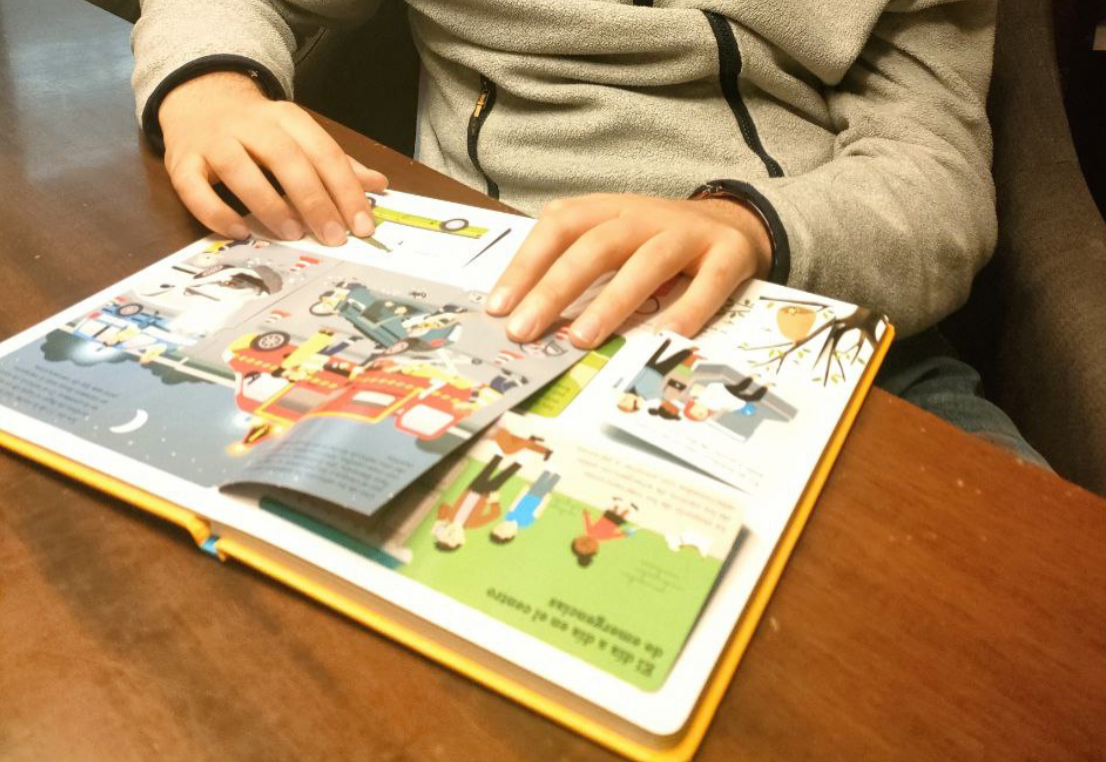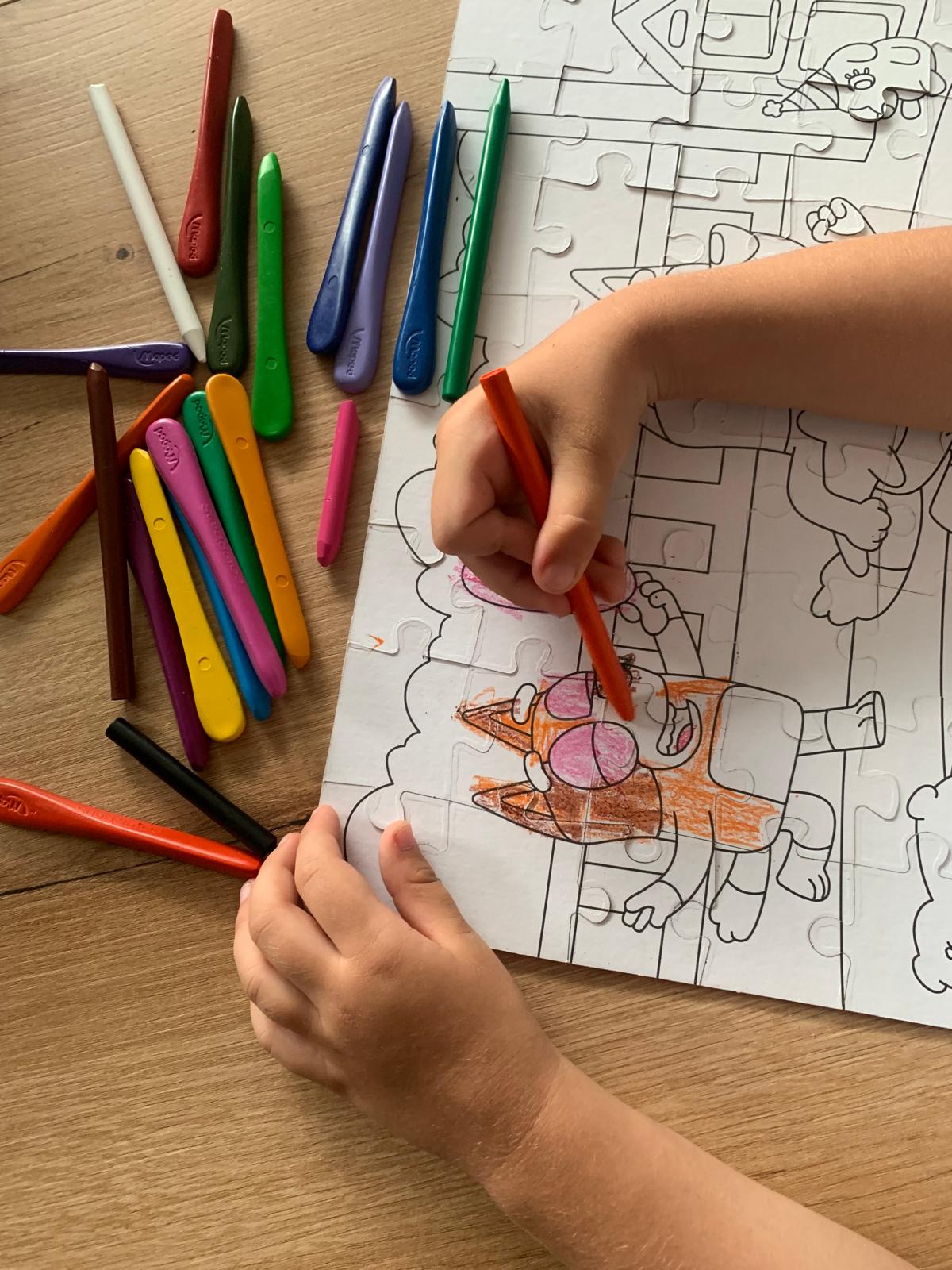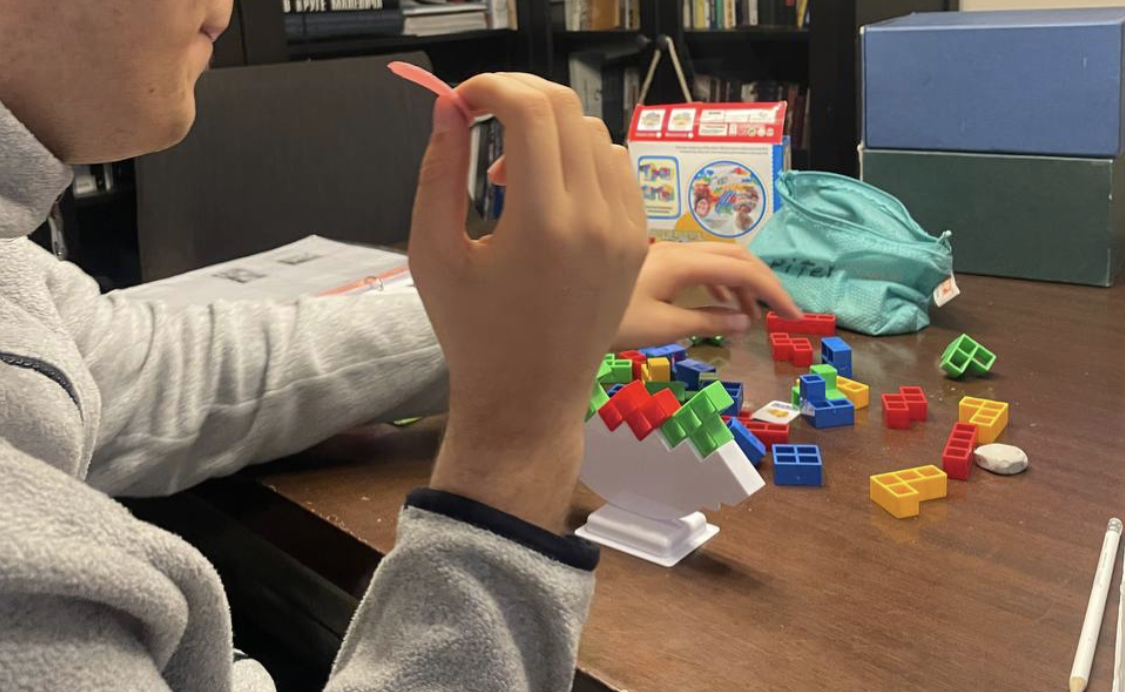What is ABA?
Applied Behavior Analysis (ABA) is the science that studies behavior with a focus on the social environment.
What is ABA?
Applied Behavior Analysis (ABA) is the science that studies behavior with a focus on the social environment.
ABA is centered on analyzing individuals’ behavior and the environmental variables surrounding it—that is, what happens before and after the behavior. It also examines the learning processes that create new behaviors or modify existing ones.
ABA is centered on analyzing individuals’ behavior and the environmental variables surrounding it—that is, what happens before and after the behavior. It also examines the learning processes that create new behaviors or modify existing ones.
Characteristics of ABA Intervention:
Characteristics of ABA Intervention:
Behavioral
The behavior must be defined objectively, being observable and measurable.
Applied
The intervention targets socially significant behaviors that are relevant to the person in their context.
Analytical
Based on the analysis and comparison of data, demonstrating the relationship between behavior and its environment, as well as between the intervention and behavioral changes.
Conceptually Systematic
The interventions are based on scientific principles, using documented and well-supported procedures.
Technological
The interventions are described in detail so that they can be effectively implemented by others.
Effective
The goal is to produce significant behavioral changes that improve the person’s quality of life.
Generalizable
The effects of the intervention must last over time, transfer to new contexts, and improve other behaviors not directly targeted.
At ABAbility, we understand that the development of a learner’s skills also depends on the skills of the teacher or therapist, as well as the person who supervises and trains these professionals.
At ABAbility, we understand that the development of a learner’s skills also depends on the skills of the teacher or therapist, as well as the person who supervises and trains these professionals.
We focus not only on the student’s abilities but also on our own continuous professional development.

